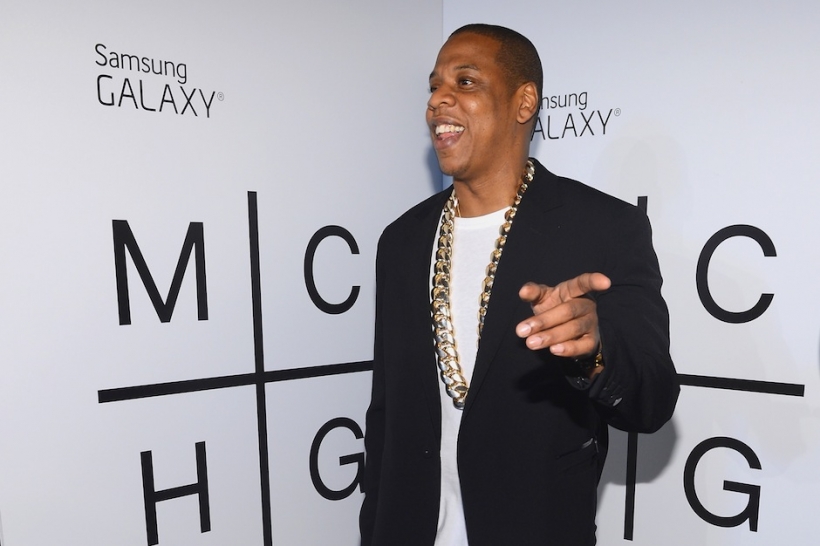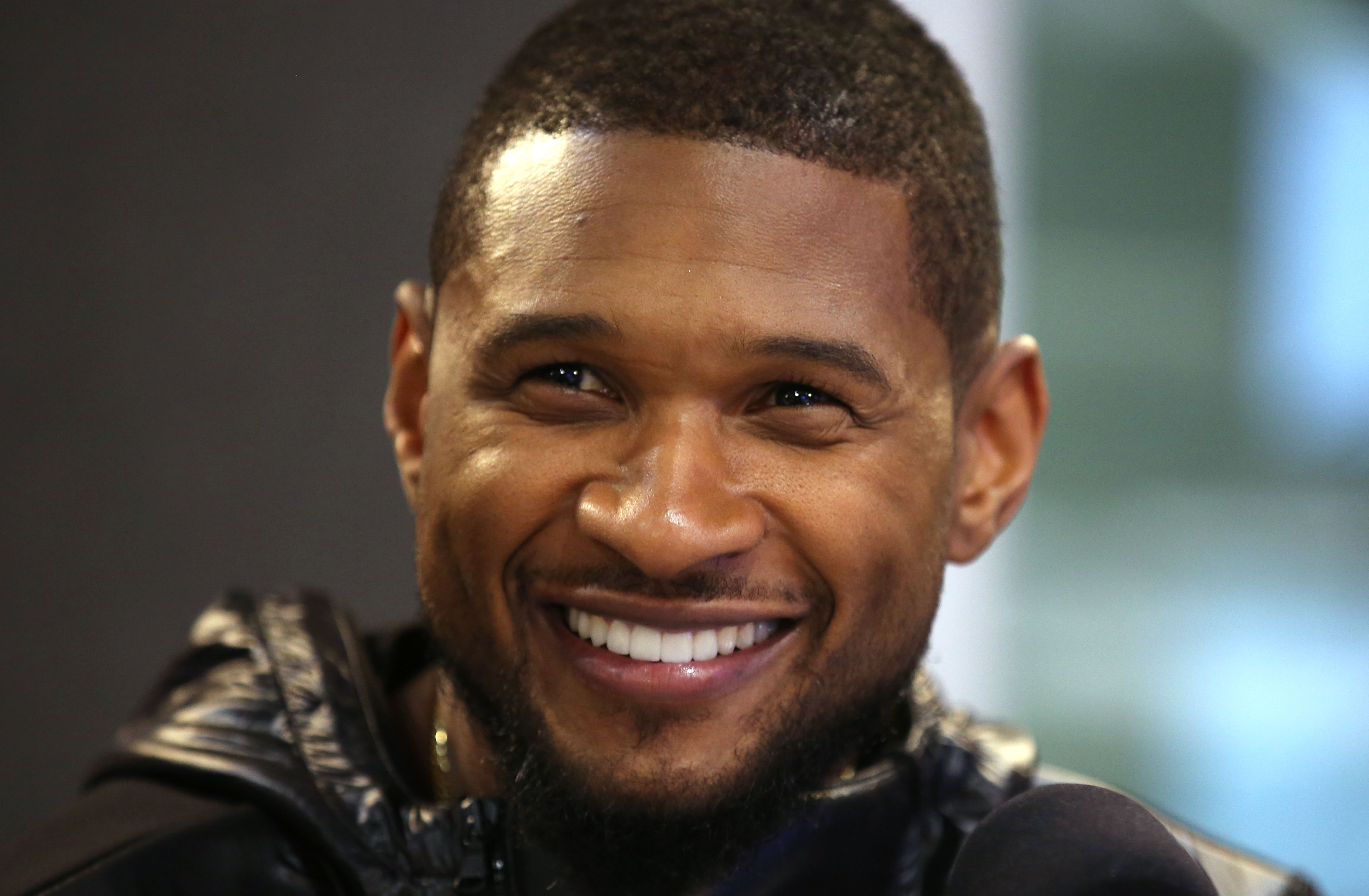On Tuesday, Jay-Z took to Twitter to answer questions from fans. Unlike the usual PR-friendly Twitter celeb sessions, which feel perfunctory and often leave you wondering if the musician is even in the room, let alone typing out his responses, there was no doubt that Jay was at his laptop fielding questions.
And he was, seemingly, having a pretty good time: He jokingly hashtagged a few tweets with “#mylaugh” referring to his uncharacteristic loud guffaw; he answered a question about his favorite Britney Spears song from someone with the user name “Kuntye West” (the answer is “Toxic”); confessed that his favorite cereals are Cap’n Crunch and Crunch Berries; sent some shade towards a snarky tweet from the Fader; and said that he he ranks Reasonable Doubt, the Blueprint, and The Black Album as his best albums.
Indeed, the whole thing was so off-the-cuff and, at times, bizarre in a “Dad, get off the computer” kind of way, that for a little while, there was speculation that someone had hacked the session. The mega-famous are now so protected that our first impulse is to think that something’s awry when they act like themselves.
Of course, this crowdsourced Q&A was to promote the digital and in-store (or in other words, non-Samsung Galaxy) release of Magna Carta Holy Grail, which came out yesterday, but it transcended those PR origins and revealed the regular-dude side of Jay-Z that he seems more and more interested in keeping to himself.
In other words, he did exactly what his best music has done: Wedge in enough personality and honesty so that there’s still a human being being amidst all the grabs for commercial success. See, Jay-Z’s hustle, at least until recently, was never that of an impervious, above-it-all rapper. Even when he was playing that role on record, he acknowledged that it was a persona or straight-up challenged it. On Reasonable Doubt, the thrill was hearing a guy trying to will his way into a feeling of mafia-don power; not someone who actually was occupying that position. When his retirement seemed like a permanent thing, at least, it was an act of grandstanding modesty. In the midst of a beef with street-dude knuckleheads like Cam’ron who were mocking aspirational Jay for sporting “sandals with jeans,” he boasted on the Rick Ross “Hustlin'” remix, “We don’t resort to violence, we on resorts and islands / With linen shorts and shades.”
He forged his vulnerabilities into weapons to be deployed against his fellow rappers. And there were smaller, non-music moves that a far more “cool” rapper wouldn’t have allowed or pursued: His goofy-ass laugh at the beginning of Kanye West’s “Last Call”; the moment in the Beyoncé documentary Life Is But a Dream where he sings Coldplay’s “Yellow”; and a sincere love of Jean-Michel Basquiat before that was a mainstream hip-hop trope. Monday’s tweet-fest had the same feeling as these Jay-Z moments.
At some point in his career (different disappointed fans will name a different point in time), Jay as a man-in-transition became the marketing tool, as well. Magna Carta Holy Grail seems like the nadir of that process — all “smart” instead of just smart cultural shout-outs and “personal” rather than just plain personal rap confessions. But Jay-Z on Twitter actually felt personal. The act of Jay-Z sitting in front of a laptop answering fans like a normal person, transcended the record-label decision that got him to sit down and do it in the first place. Here was a Jay-Z who was funny, and had his guard down. He used to do that when he got in the booth. A glimmer of it, even just 140 characters or less at a time, was refreshing to witness.





